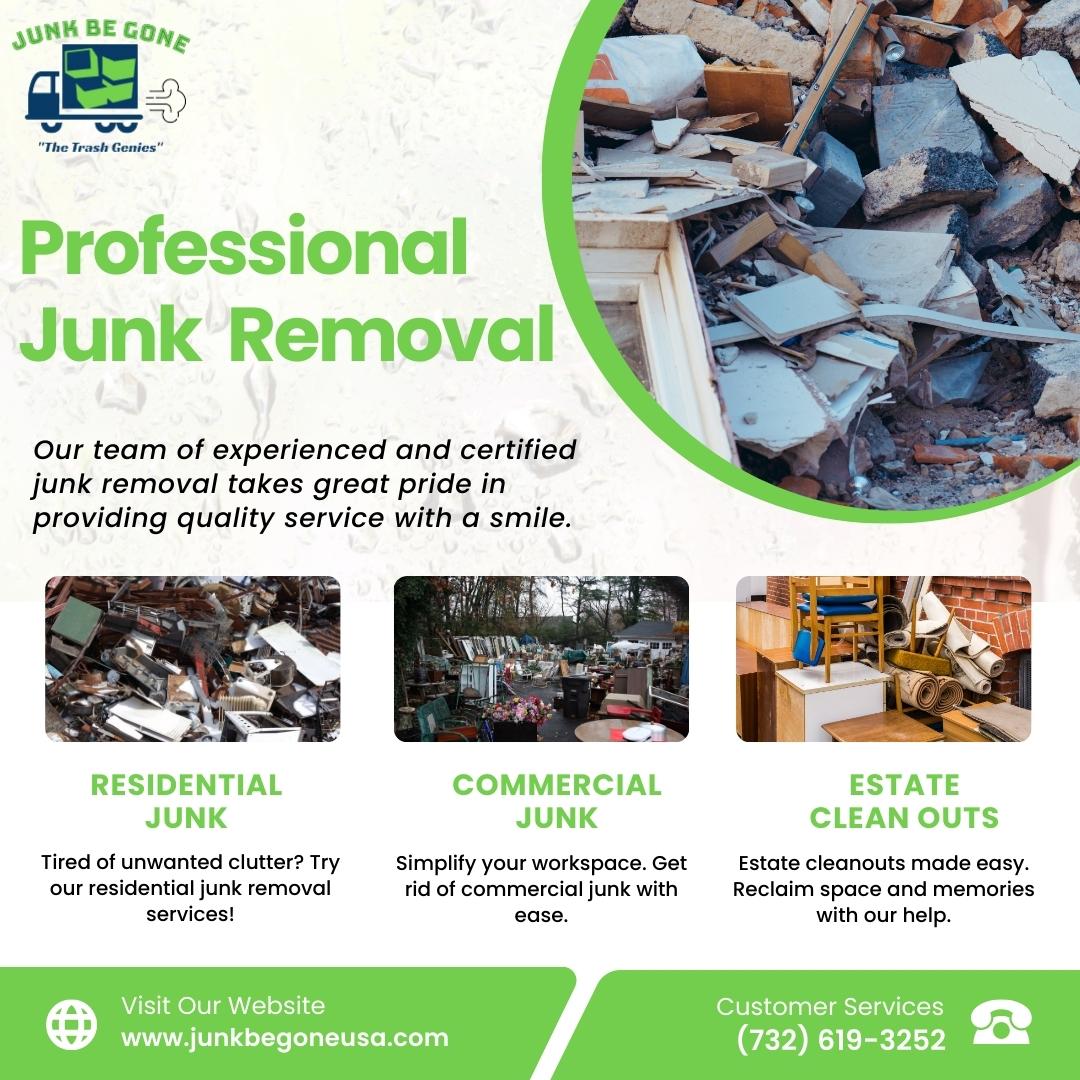Best Practices for Waste Reduction
Best Practices for Waste Reduction
Blog Article

Efficient waste management is a critical component of sustainable living and environmental conservation. In an era where waste generation continues to rise, the importance of effective strategies to reduce, recycle, and manage waste cannot be overstated. Implementing smart waste management practices not only benefits the environment but also enhances community health and promotes resource conservation. This article explores best practices for waste reduction, innovative technologies in waste management, and the significance of community involvement in recycling programs.
Best Practices for Waste Reduction
One of the most effective ways to achieve efficient waste management is through waste reduction. This involves minimizing the amount of waste produced in the first place. Here are several best practices that individuals and organizations can adopt:
- Reduce, Reuse, Recycle: The three R's are fundamental principles of waste reduction. By reducing consumption, reusing products, and recycling materials, individuals can significantly decrease their waste footprint.
- Composting: Organic waste, such as food scraps and yard waste, can be composted instead of thrown away. Composting transforms organic materials into nutrient-rich soil, reducing landfill waste and enriching gardens.
- Mindful Purchasing: Choosing products with minimal packaging or opting for bulk purchases can lead to less waste. Consumers should also consider the lifecycle of products they buy, selecting those that are durable and recyclable.
- Education and Awareness: Educating oneself and others about waste management practices can foster a culture of sustainability. Workshops, community events, and information campaigns can empower individuals to make informed choices.
Innovative Waste Management Technologies
In addition to adopting best practices, leveraging innovative technologies can significantly enhance waste management processes. Various advancements have emerged that contribute to more efficient waste collection, sorting, and recycling:
- Smart Bins: These bins are equipped with sensors that monitor waste levels and optimize collection schedules. This technology reduces unnecessary collection trips, saving time and resources.
- Waste Sorting Machines: Automated sorting technologies can effectively separate recyclables from general waste, ensuring that materials are processed correctly and efficiently.
- Waste-to-Energy Facilities: Facilities that convert waste into energy through incineration or anaerobic digestion help reduce landfill use while generating renewable energy. This dual benefit supports efficient waste management and energy production.
- Mobile Apps: Many communities have developed mobile applications that provide residents with information on recycling guidelines, collection schedules, and local waste management events, fostering greater participation in sustainable practices.
Community Involvement in Recycling Programs
Community engagement is vital for the success of recycling programs and efficient waste management. Local initiatives can lead to increased awareness and participation, resulting in more effective waste management outcomes. Here are some ways communities can get involved:
- Organizing Clean-Up Events: Community clean-up days encourage residents to come together to clean local parks, streets, and waterways. These events not only reduce litter but also foster a sense of community pride.
- Recycling Drives: Setting up periodic recycling drives allows residents to dispose of unwanted items responsibly. This can include e-waste collections or clothing drives, which help divert materials from landfills.
- Partnerships with Local Businesses: Collaborating with local businesses can enhance recycling efforts. For instance, businesses can provide incentives for customers who use reusable bags or containers.
- Educational Workshops: Communities can host workshops to educate residents on efficient waste management practices, covering topics like composting, recycling, and waste reduction strategies.
Conclusion
Efficient waste management is essential for creating a sustainable future. By implementing best practices for waste reduction, embracing innovative technologies, and encouraging community involvement, individuals and communities can make a significant impact on their environment. It is crucial for everyone to recognize their role in this process and adopt habits that contribute to effective waste management. Together, we can work towards a cleaner and more sustainable world, ensuring that future generations inherit a healthier environment.
Report this page